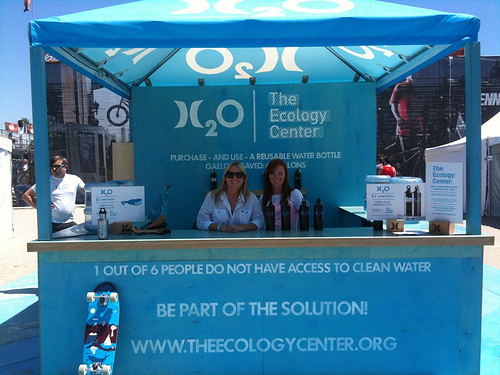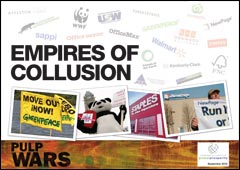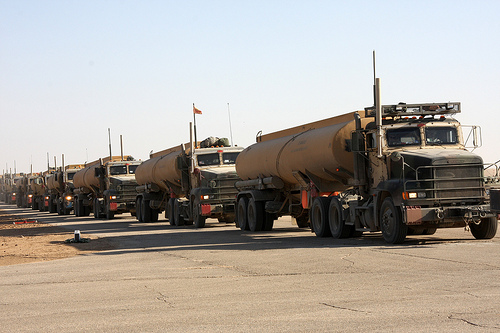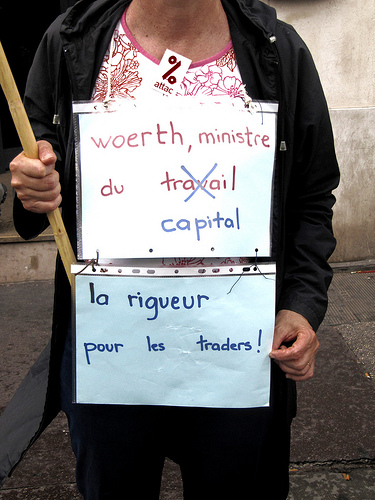 Although Wal-Mart has had a checkered past when it comes to entering foreign markets, a deal was announced at the end of May that the company has purchased a majority stake in the South African company, Massmart. While the $2.4 billion investment doesn’t raise too many eyebrows considering the company has a market cap north of $185 billion, the foray into Africa and the company’s willingness to accept terms regarding employee treatment is a bit of a departure from their domestic history.
Although Wal-Mart has had a checkered past when it comes to entering foreign markets, a deal was announced at the end of May that the company has purchased a majority stake in the South African company, Massmart. While the $2.4 billion investment doesn’t raise too many eyebrows considering the company has a market cap north of $185 billion, the foray into Africa and the company’s willingness to accept terms regarding employee treatment is a bit of a departure from their domestic history.
According to a recent New York Times article, Wal-Mart agreed to a number of demands including the provisions that, “no job cuts took place for two years. It also required the merged entity to give employment preference to 503 Massmart employees who lost their jobs last year.” Furthermore, Wal-Mart agreed to invest $14.6 million in procuring goods from local suppliers and recognize local unions (although there have been continued problems with certain unions). Much has been made about Wal-Mart’s treatment of workers in the US including widely preventing them from joining unions.
So, why has Wal-Mart coalesced to demands on this deal that they won’t domestically? Mainly so they can get a foothold in the biggest economy on a fast growing continent. South Africa is the 26th biggest economy in the world and experienced 2.8% GDP growth in 2010. Massmart operates in 14 countries in Africa so theoretically Wal-Mart will be expanding further.
There are clearly positives and negatives regarding this move. While some of the positives for Wal-Mart (as mentioned above) are rather obvious, they have also had some trouble in the world of international expansion. For instance, up until 2006, the company had 85 stores in Germany. Now they have none. The main reason was because the company attempted to run their stores in a strictly “American” manner with little regard to differences in the German marketplace. While treatment of workers was an issue (not allowing relationships, encouraging whistleblowing amongst employees etc), they made incredibly basic mistakes offering products that were popular in the US but not in Germany.
What does this move mean for South Africa (country and people)? For the country, which is still somewhat volatile racially, culturally and economically, it exhibits enough stability for the world’s largest retailer to enter the market. With poverty and unemployment major concerns, Wal-Mart should provide a significant amount of jobs directly attributed to their retail growth, but equally if not more important, locally within their supply chain. Although time will tell as far as what type of impact that will be. There may also be adverse effects due to Wal-Mart’s aggressive pricing, although a growing middle class would potentially benefit from cheaper priced goods.
Clearly there’s going to be a lot to keep an eye on here, but regardless, Wal-Mart must understand the market well enough to make sure that they do not repeat the debacle that took place in Germany, as a proper entry and execution could be a win-win for both Wal-Mart and South Africa.
Image Credit by Wal-Martcorporate via Flickr under a CC license









